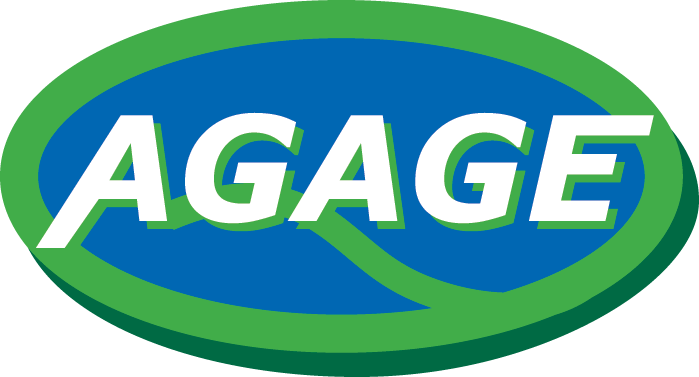Publication Type:
Journal ArticleSource:
Acta Horticulturae, Volume 708, p.179 - 185 (2004)URL:
http://www.actahort.org/books/708/708_29.htmAbstract:
Over 100 recent trials worldwide have shown that a number of effective alternatives give disease control and yields equivalent to MB for strawberry fruit production, but not for strawberry nursery production. The most effective alternatives are 1,3 dichloropropene (1,3 D) mixed with chloropicrin (65:35), and drip-applied, emulsifiable formulations of chloropicrin (Pic) alone or 1,3 D/Pic combined with or without follow up treatments with metham sodium. Several products showing promise in research trials include methyl iodide and ethanedinitrile. Hydroponic substrate systems in greenhouses have replaced the need for fumigation in several regions, especially where strawberries are produced for niche markets or in cool climates with short cropping cycles. Critical use exemptions for the use of MB from 2005 onwards have been granted for its continued use because of various environmental restrictions such as township caps, buffer zones and porous soil types, and to allow time for commercial phase-up of alternatives. In some instances, industries are being required to restructure cropping practices to ensure market windows are maintained by improvement in application methods for alternatives, and consideration of longer plantback times and altered crop performance when using different alternatives. Identifying alternatives to MB for the strawberry nursery industry is proving more difficult in relation to disease thresholds, weed control and yields. Cooler conditions during fumigation may reduce the effectiveness of liquid alternatives or contribute to fumigant phytotoxicity in crops. Plug plants have gained acceptance for many short season crops. Reductions in the use of MB since 1998 have had an immediate impact on bromine levels in the troposphere, an important step towards ozone restoration. Additionally, the phase-out of MB has been a unique opportunity for industries to critically examine the sustainability of their production systems.


